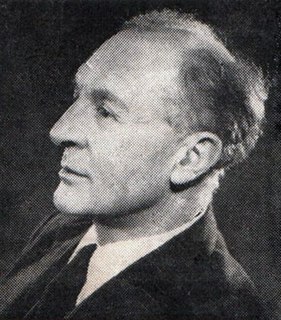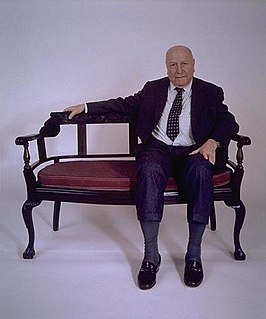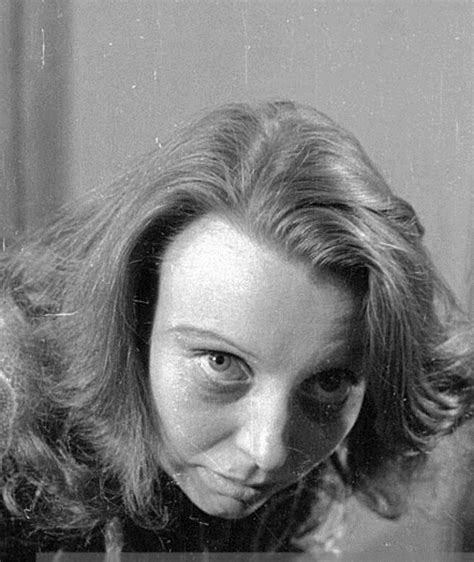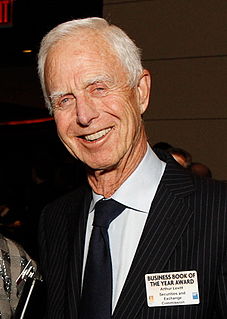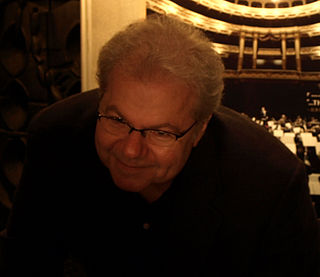A Quote by Joyce Cary
A novel should be an experience and convey an emotional truth rather than arguments.
Quote Topics
Related Quotes
After Pope, in the beginning of Romanticism, people developed the idea that imagination rather than reason was a special form of knowledge and its best expression is through poetry. Therefore, poetry should not try to do the stuff that mere prose does: convey information or make arguments about ideas.
I'm sure Donald Trump will think that he has the truth, and some journalist is arguing that he has truth, and somebody else is arguing that they have the truth. And in fact it's even worse than that because they're so hell bent on their arguments that they will distort the truth consciously. They'll manipulate the facts to support their arguments because they're so hung up in the fight. That's where the problem is, so we argue all the time.
For the artist, the goal of the painting or musical composition is not to convey literal truth, but an aspect of a universal truth that if successful, will continue to move and to touch people even as contexts, societies and cultures change. For the scientist, the goal of a theory is to convey "truth for now"--to replace an old truth, while accepting that someday this theory, too, will be replaced by a new "truth," because that is the way science advances.
